April 28, 2023
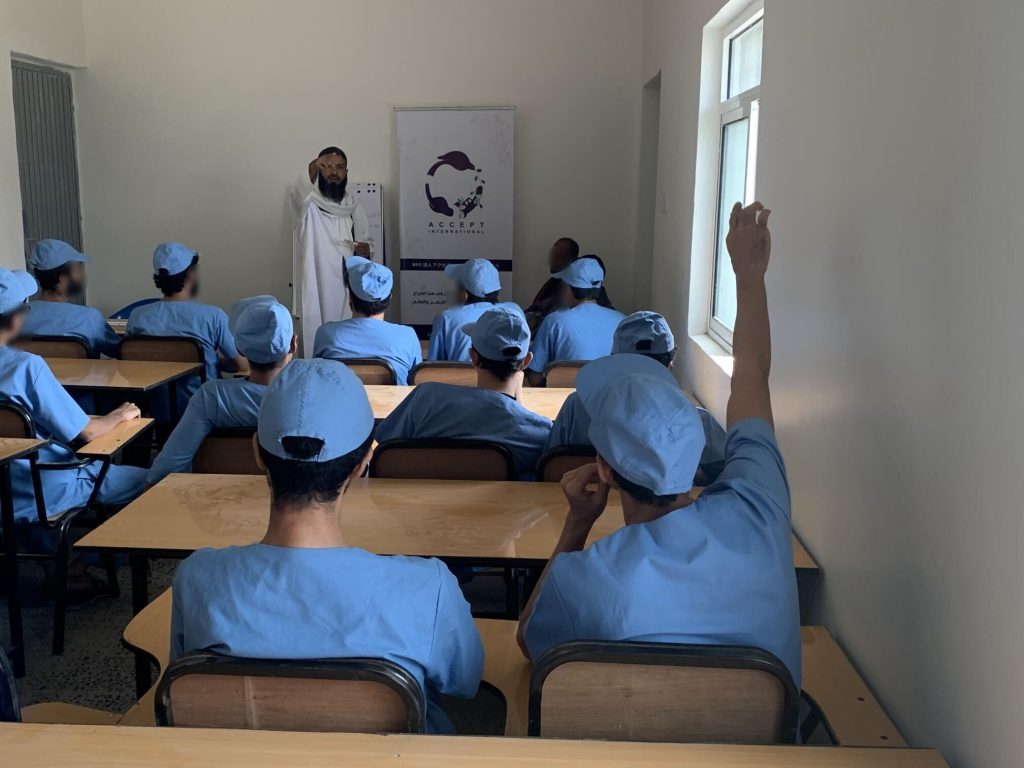
We are working in the Central Prison in Taiz Governorate, Yemen, where conflict has been ongoing for over 10 years, to deradicalize and reintegrate members of the Houthi armed group into society.
Progress in deradicalization and reintegration support at Taiz Central Prison
In Yemen, where we began activities in April 2021, we implemented an initiative in Taiz Governorate to promote the social reintegration of surrendered Houthi combatants, including children, until September 2022. We accepted 100 children and young people who were former Houthi combatants, all of whom completed the program and returned to society. As with our efforts in Somalia, we supported them as a good third party, listening to their pasts and thoughts, and providing care counseling, vocational training, basic education, religious re-education seminars, and outreach and follow-up support to their parents, helping them to rebuild their lives as young people.
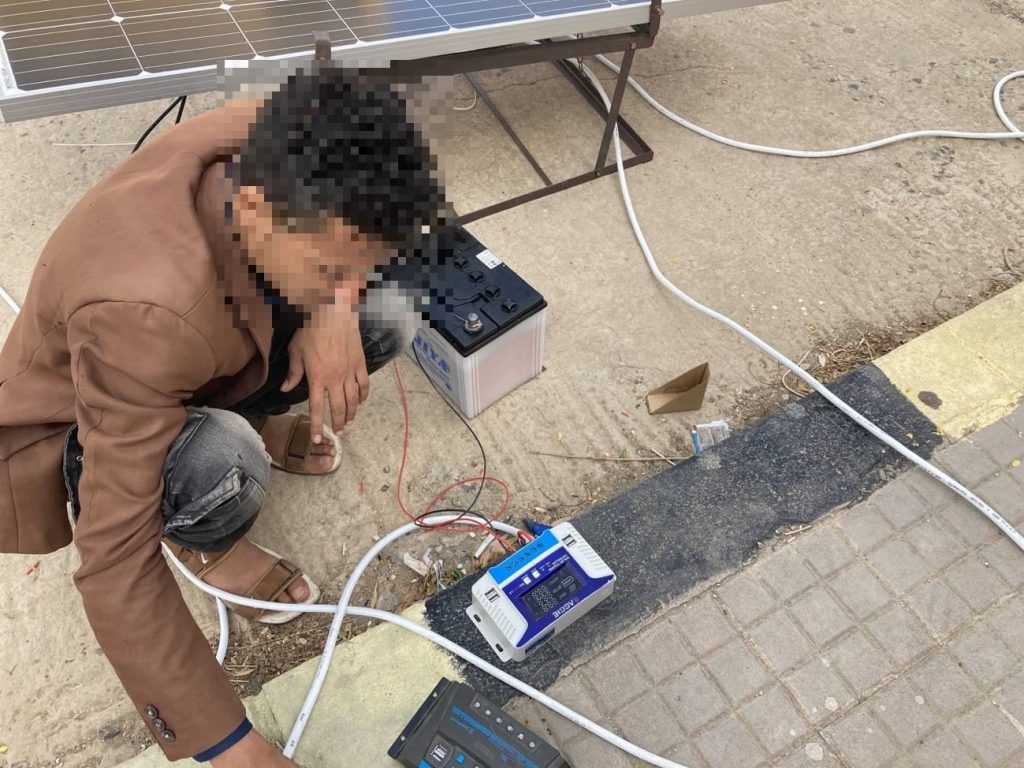 ▲Skills training on installing solar panels provided to surrendering Houthi combatants
▲Skills training on installing solar panels provided to surrendering Houthi combatants
Furthermore, since October 2022, activities have been carried out mainly targeting surrendered combatants who have voluntarily left the group, arrested and incarcerated prisoners, and detainees (prisoners of war) with no prison sentence. Compared to the activities carried out until September 2022, these activities are extremely sensitive, and as the prison is a high-security facility, it is only recently that photography has been allowed.
The recipients are growing increasingly dissatisfied with the extremely poor conditions they live in, so we first repaired the facilities and provided the materials necessary for the program, and are currently implementing care counseling and religious re-education programs. Although we have just started and still face various obstacles, progress is steady.
The topics covered in religious re-education are wide-ranging, including how to interact with non-believers, patience, sin and forgiveness, serving others, and the meaning of fasting. As an introduction, an Islamic teacher briefly explains verses from the Quran, followed by a seminar where participants can reflect on their own interpretations.
This approach helps students understand that there is not necessarily a single interpretation, but rather a variety of perspectives, and encourages them to apply these ideas to their own thinking, providing an opportunity to develop critical thinking skills.
In practice, religious re-education has often been approached by directly rejecting the ideas imposed by non-state armed groups and forcibly attempting to “correct” them. However, this typically provokes resistance. That is why we emphasize freeing participants from these imposed beliefs and encouraging a more relativized understanding.
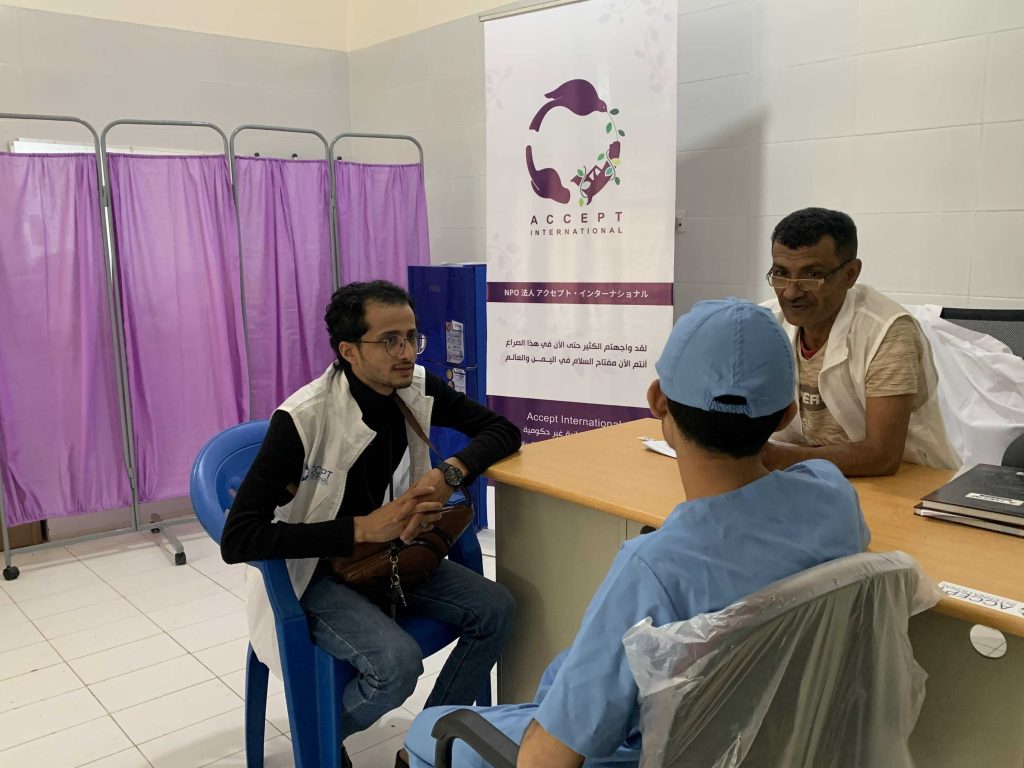 ▲Our local staff (left), psychological counselor (right), and Houthi prisoner (foreground)
▲Our local staff (left), psychological counselor (right), and Houthi prisoner (foreground)
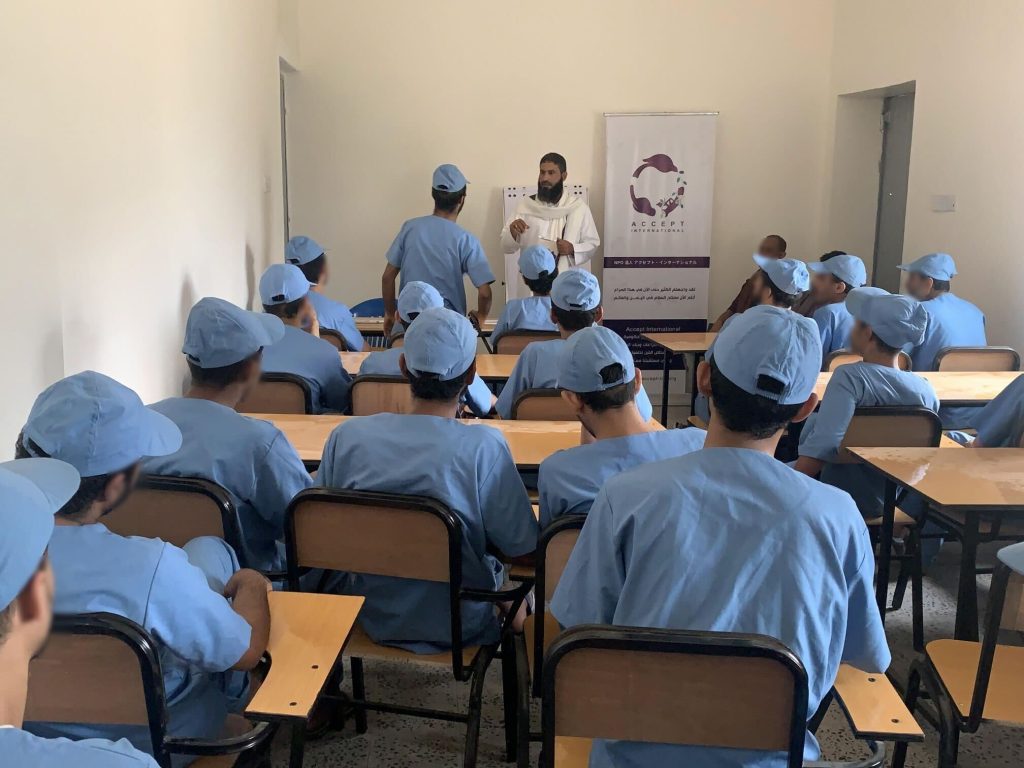 ▲A religious re-education program for Houthi prisoners
▲A religious re-education program for Houthi prisoners
Prospects for a prisoner exchange
While there is no direct dialogue between the non-state armed group Al-Shabaab, which we are targeting in Somalia, and the Somali government, we have at least been able to create a forum for dialogue with the Houthi rebels in Yemen, through occasional ceasefire agreements with the transitional government.
Within this dialogue, there is a framework for the release of Houthi prisoners held by the Yemeni government and the release of government prisoners held by the Houthis, as well as an exchange between them, and we are also working to make this framework work effectively.
Simply exchanging prisoners would mean they would return to Houthi-controlled territory and become combatants again, so various arrangements are needed, such as rehabilitating them before releasing them and allowing them to choose a path in life that will prevent them from returning to Houthi-controlled territory.
Our organization’s Executive Director, Mr. Nagai, also participates in these negotiations. For example, recently, at prisoner exchange negotiations held between the Yemeni government and the Houthis on the outskirts of Bern, Switzerland, it was decided that a total of 887 people would be released and exchanged.
However, this does not include the 148 prisoners in Taiz Prison where we are providing our programs, so negotiations are still ongoing. However, when our officials went to the airport just as they were returning to Yemen, we were able to reach a final verbal agreement to provide our programs to other Houthi prisoners.
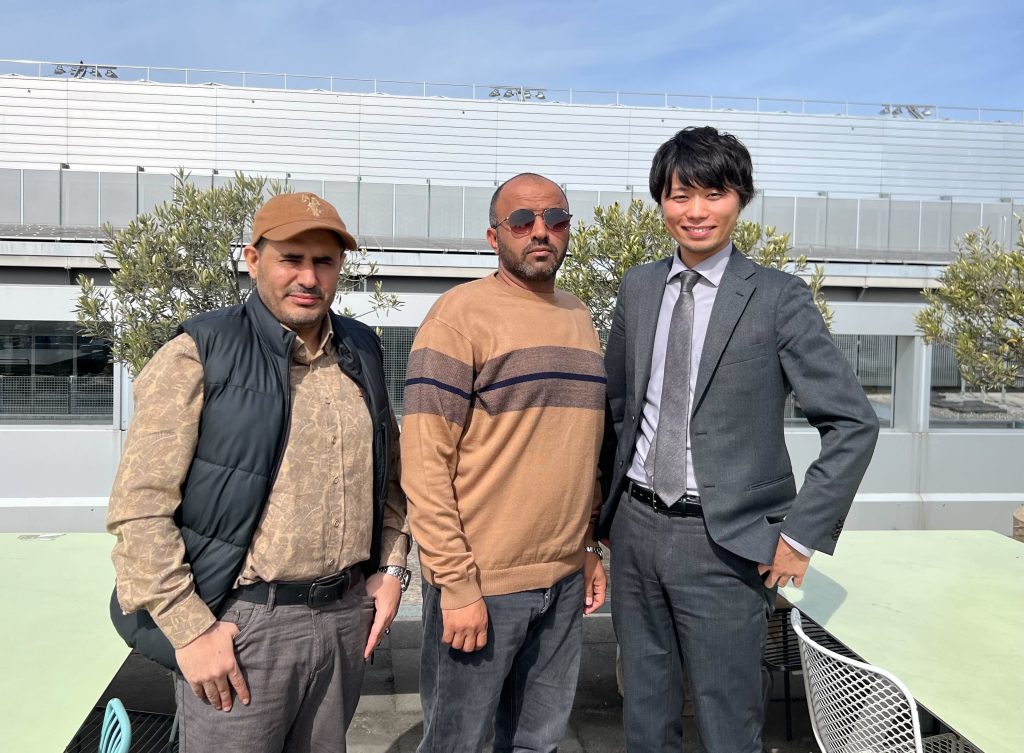 ▲The Houthi negotiator (left), the Yemeni government prisoner exchange officer (center), and Executive Director Mr. Nagai (right)
▲The Houthi negotiator (left), the Yemeni government prisoner exchange officer (center), and Executive Director Mr. Nagai (right)
Furthermore, following the recent normalization of relations between Saudi Arabia and Iran, mediated by China, there is growing momentum for the Iran-backed Houthis to once again agree to a ceasefire. In light of this favorable opportunity, we intend to explore various possibilities so that young people can have hope rather than weapons.
Activity Reports










